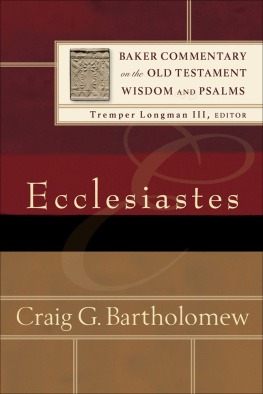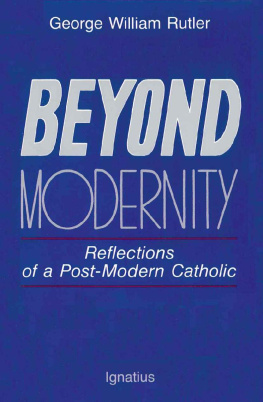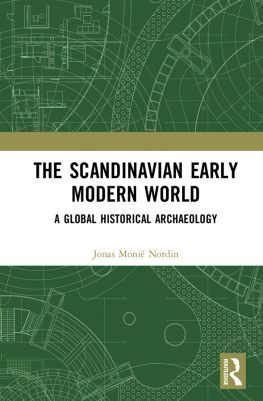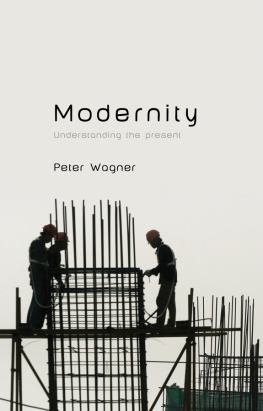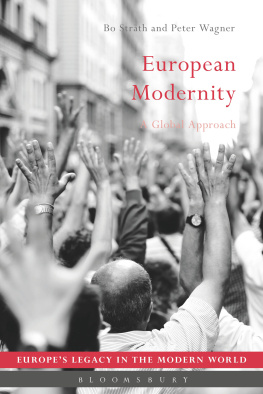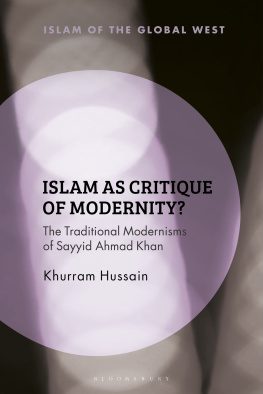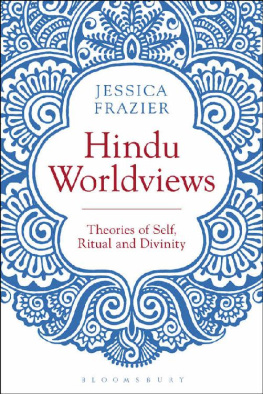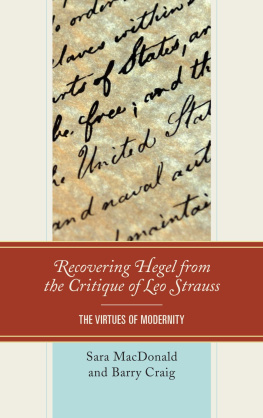Preface
This book has its origin in a course that Bob taught for many years at the Free University of Amsterdam. Several years ago I arranged for the course to be taught in the philosophy department at Redeemer University College. I still remember the freshness and excitement of the course, rushing down to the library each evening after the class to find books by authors discussed in that evenings lecture!
Bob brings exceptional experience and gifts to the subject of this book, both theoretical and practical. I thought it appropriate to ask Mark Vander Vennen, a long-time friend of Bobs, to write up in an epilogue something of Bobs story so that readers are aware of the expertise underlying this book. I encourage readers to read the epilogue even as they plunge into the book itself.
While finalizing this book, we lived through the remarkable American presidential election with the surprise election of Donald Trump. On all accounts it has been a strange election season, and it should make us reflect on what is going on in American cultureand in our culture wherever we find ourselves globally. America remains the world leader in many ways, and what happens in the United States functions as something of a barometer for what happens globally. One cannot but feel that this is a time of change, of crisis, and of reaction in Western culture.
The strangeness of the American presidential election is by no means the first sign that not all is well in American and Western culture. Several years ago Bob, Mike Goheen, and I participated in an evening discussion at Redeemer University College around the theme of What time is it in our culture? In that discussion I suggested that the near collapse of the US economy in 2008, with its global ramifications, was a sign of a much deeper malaisenot just a blip, as too many politicians were suggesting, a blip to be solved by more spending. A perceptive student in the audience asked, Have there not been other such signs? Indeed, I suspect there have been many. Further signs of our time are Brexit and the move to the right in several European nations.
But signs of what? This is the critical question. We need to be wary of simplistic answers. What is urgently required is cultural analysis that can illuminate how we have arrived at where we are today, what precisely is the nature of the crisis in which we find ourselves, and where we can find resources for healing our present condition and moving beyond it toward a world that promotes the flourishing of all, not just a small percentage of the elite.
Our aim in this book is to contribute to such cultural analysis. Between the two of us we bring to the table a range of expertise: Bob in politics, economics, and philosophy of culture; myself in biblical studies, philosophy, and theology. Contributing from our different strengths is one of the goals of this book. At the same time, we recognize the need for input from sources far beyond our limited expertise. Readers will note that, especially in part two, we identify some thinkers and sources, Christian and non-Christian, that we think have a lot to offer in our quest to understand modernity and to move beyond it.
In recent decades Bob has had considerable experience in the ecumenical movement, and one thing he has learned from this is to ground cultural analysis in what actual people in different countries are thinking. For this book Bob developed a basic questionnaire, which several of his friends around the world had their students fill in. As the reader will see, we learned from these students, and we begin our reflections with some of their responses to Bobs questionnaire. We are grateful to all those students and intensely aware that much of the future direction of our cultures lies with such students and their generations.
We make no claim to say anything like the final word in this book. My hope is that readers will experience something of the excitement and curiosity I experienced when I heard Bob give those college lectures. This book will fulfill our hopes if it alerts readers to the crucial importance of the sort of cultural analysis we attempt here, and if it sparks debate among Christiansamong whom we count ourselvesand among Jews, Muslims, secular humanists, and the many other groups that constitute our global diversity, and, of course, dialogue between such groups.
We are delighted to be working again with IVP Academic, and we thank David Congdon and our editors for their input to this volume. The research department at Redeemer University College graciously provided a grant in aid of publication, and Jennifer Jones produced the comprehensive indexes. Mark Vander Vennen has done sterling work in helping us get this text into shape, and Bob and I are delighted to dedicate it to him.
Craig G. Bartholomew, January 2017
Acknowledgments
Portions of this book have appeared, in altered form, in the following works.
Bob Goudzwaard, The Depth of the Global Economic Crisis: Peeling the Onion, The Catalyst (Citizens for Public Justice) 32, no. 2 (June 2009).
Bob Goudzwaard, Heading for an Environmental Train Wreck?, Citizens for Public Justice, March 17, 2008, www.cpj.ca/heading-environmental-train-wreck.
Bob Goudzwaard and Mark Vander Vennen, Paths to Hope in Troubled Times, Citizens for Public Justice, October 13, 2007, www.cpj.ca/paths-hope -troubled-times.
Bob Goudzwaard and Leo Andringa, Globalization and Christian Hope: Economy in the Service of Life (Toronto: Public Justice Resource Centre, 2003).
Bob Goudzwaard and Harry de Lange, Beyond Poverty and Affluence: Towards a Canadian Economy of Care (Toronto: University of Toronto Press, 1994).
Bob Goudzwaard and Mark Vander Vennen, Global Problems: The Lost Dimension, The Other Journal, June 16, 2010.
Craig G. Bartholomew, The Tenth Commandment, Ren Girard, and the Good Neighborhood of Hebrew Wisdom, Canon and Culture, 2016, 235-79.
The authors grateful acknowledge permission to use excerpts from these publications in this book.
Introduction
Starting with Our Students Experiences
One of the greatest privileges of being professors is the opportunity to have ongoing contact with students from different backgrounds. Our exchanges with them usually involve intensive discussions, preferably with a cappuccino or pint of beer in hand. We find the experiences and views about life held by intelligent young people a personal, coherent view of what really matters in todays crazy world? We use the word crazy not least because ours is a world struggling beneath a tsunami of information.
This central problem of meaning, one that our students have continually grappled with, has grown into a personal challenge for us. Both of us have had long and substantial experience interacting with students in countries such as Canada, the Netherlands, the United States, Great Britain, Indonesia, and South Africa. In each of those settings we have tried to be open to our students intellectual and spiritual needs. For us a vital question thus arose: Was there a way we could use our expertise to partner with these students in their personal struggle for more insight and clarity? But we also felt that the need for intellectual and spiritual support was broader. The existential concern not to be overwhelmed by what happens around us surely applies beyond young students and fledgling scholars. It represents the struggle of many people around the world who are searching for some kind of certainty in the midst of a highly turbulent global society.


